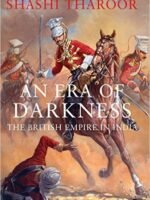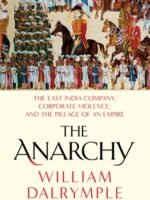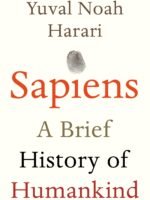In Homo Deus: A Brief History of Tomorrow, Yuval Noah Harari explores the future trajectory of humanity. Building on his earlier work Sapiens, Harari examines how advancements in technology, artificial intelligence, and biotechnology could reshape the human experience. As we move from survival to striving for immortality, happiness, and god-like abilities, Harari discusses the implications of these developments on our society, ethics, and concept of free will. He raises challenging questions about the direction of progress and the potential risks of over-reaching, offering readers a thought-provoking glimpse into the future of human civilization
Homo Deus: A Brief History of Tomorrow
₨799
Homo Deus: A Brief History of Tomorrow explores the potential future of humanity as we move beyond the struggles for survival and enter an era where humans seek to achieve god-like powers. Harari examines the rise of artificial intelligence, genetic engineering, and the pursuit of immortality. He considers how these advancements could reshape human society, ethics, and individual identity. The book poses challenging questions about the meaning of life, the evolution of consciousness, and the role of humans in a future dominated by machines.
| Format | Paperback |
|---|---|
| Author | Yuval Noah Harari |
Customer Reviews
There are no reviews yet.
Only logged in customers who have purchased this product may leave a review.









